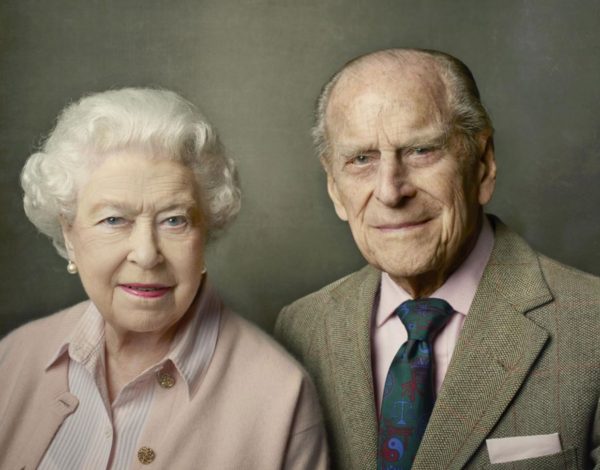There Is Only One Issue
Every decision distills to a binary choice when the question involves an already proposed option. The underlying question may be “What should I eat?” but if one is standing in front of a sandwich, the task simplifies — temporarily, perhaps — to “Should I eat this sandwich?”
This presents a problem in democracies because the issues are shaped outside of the voter. That means that instead of considering the wider task of leadership, the voter considers only what is on offer by those who are vested in the system. Voters do not mind this because it seems more efficient.
That gives rise to the “single-issue voter,” or someone who is adamant about one thing over all else. Abortion, defense, the economy, welfare, socialized medicine and other issues thus pare down the question of choice to binary options which polarize people.
Looking more sensibly at the question, it seems that all of these issues arise because of social deficits and are then shaped into mentally convenient questions instead of the broader task of designing society to succeed.
With that thought, we return to the issue of all issues: how do we lead ourselves? In this area, there are multiple choices that take on two general forms, because there is a We The People and someone in charge. Do we select a tyrant, or someone who is most advanced at self-advancement? Or do we try to rule ourselves by voting, even though it is terminally flawed?
Those of us who long ago tired of politics see this question as even simpler: we are either ruled by the best, or ruled by the rest, which entails inevitable compromise that advances entropy, muddles the question of leadership, and ensures eventual civilization decline.
This question does not differ between small groups and large ones. It is the first step in establishing any group activity: who will make the choices? In very small groups, of only a handful of people, it can be done with quick consensus. But when that fails, the group then fails, so this method has temporary relevance.
In this light, the choice upon us is one of choosing quality leadership or its opposite. The groups that thrive have good leaders. The ones that experience confusion or an inability to take strong positions that do not decay over time will not thrive.
As we see two centuries of democracy wind down into warfare, population displacement, existential misery and low birth rates, we return to the question of monarchy. This is a simple heuristic: choose the best people among you, and give them the power to lead because they will both not abuse it, and use their talents to enhance the futures of all in the group.
A popular quotation reads, “Find out who you are unable to criticize, and that is the group that rules you.” People suggest all sorts of cabals for this role, but the actuality is that We The People rule ourselves, and we are doing a terrible job. In the twilight of democracy, monarchy rises yet again — not as a threat, but as an opportunity.










